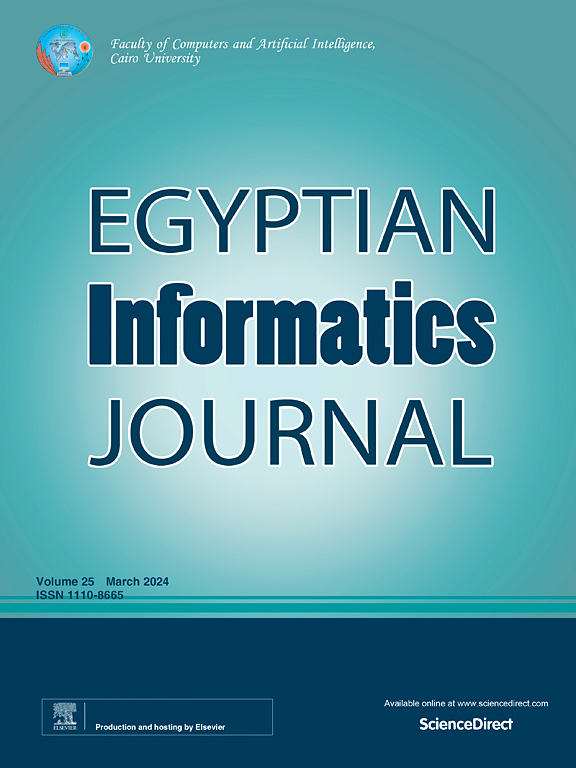Cancelable finger vein authentication using multidimensional scaling based on deep learning
IF 4.3
3区 计算机科学
Q1 COMPUTER SCIENCE, ARTIFICIAL INTELLIGENCE
引用次数: 0
Abstract
In the field of identity verification and identification, biometrics has evolved as a reliable approach for identifying individuals based on their unique physical or behavioral characteristics. The utilization of finger vein authentication has generated significant attention as a biometric modality owing to its strong resilience, resistance against spoofing attacks, and consistent patterns. In this work, we proposed a novel cancelable finger vein authentication system using multidimensional scaling (MDS) based on deep learning. Our method addressed the limitations of previous biometric authentication systems by integrating MDS with a lightweight convolutional neural network (CNN) model for feature extraction. The cancelable approach ensured privacy and security by generating distinct templates for each user. We evaluated our system on three publicly available datasets for finger veins using various performance metrics, including accuracy, precision, recall, and equal error rate (EER). The results demonstrated the effectiveness of our method, which achieved high accuracy, low error rates, and strong performance in diversity and irreversibility tests. Additionally, our system maintained high authentication accuracy while preserving user privacy, making it suitable for practical applications in biometric authentication.
基于深度学习的多维尺度可取消手指静脉认证
在身份验证和身份识别领域,生物识别技术已经发展成为一种基于个人独特的身体或行为特征来识别个人的可靠方法。利用手指静脉身份验证作为一种生物识别方式,由于其强大的弹性、抗欺骗攻击和一致的模式而引起了极大的关注。在这项工作中,我们提出了一种新的基于深度学习的多维缩放(MDS)的可取消手指静脉认证系统。我们的方法通过将MDS与轻量级卷积神经网络(CNN)模型集成用于特征提取,解决了以前生物识别认证系统的局限性。可取消的方法通过为每个用户生成不同的模板来确保隐私和安全性。我们在三个公开可用的手指静脉数据集上评估了我们的系统,使用各种性能指标,包括准确性、精密度、召回率和相等错误率(EER)。结果证明了该方法的有效性,在多样性和不可逆性测试中具有较高的准确性、较低的错误率和较强的性能。此外,我们的系统在保护用户隐私的同时保持了较高的认证准确性,使其适合于生物识别认证的实际应用。
本文章由计算机程序翻译,如有差异,请以英文原文为准。
求助全文
约1分钟内获得全文
求助全文
来源期刊

Egyptian Informatics Journal
Decision Sciences-Management Science and Operations Research
CiteScore
11.10
自引率
1.90%
发文量
59
审稿时长
110 days
期刊介绍:
The Egyptian Informatics Journal is published by the Faculty of Computers and Artificial Intelligence, Cairo University. This Journal provides a forum for the state-of-the-art research and development in the fields of computing, including computer sciences, information technologies, information systems, operations research and decision support. Innovative and not-previously-published work in subjects covered by the Journal is encouraged to be submitted, whether from academic, research or commercial sources.
 求助内容:
求助内容: 应助结果提醒方式:
应助结果提醒方式:


